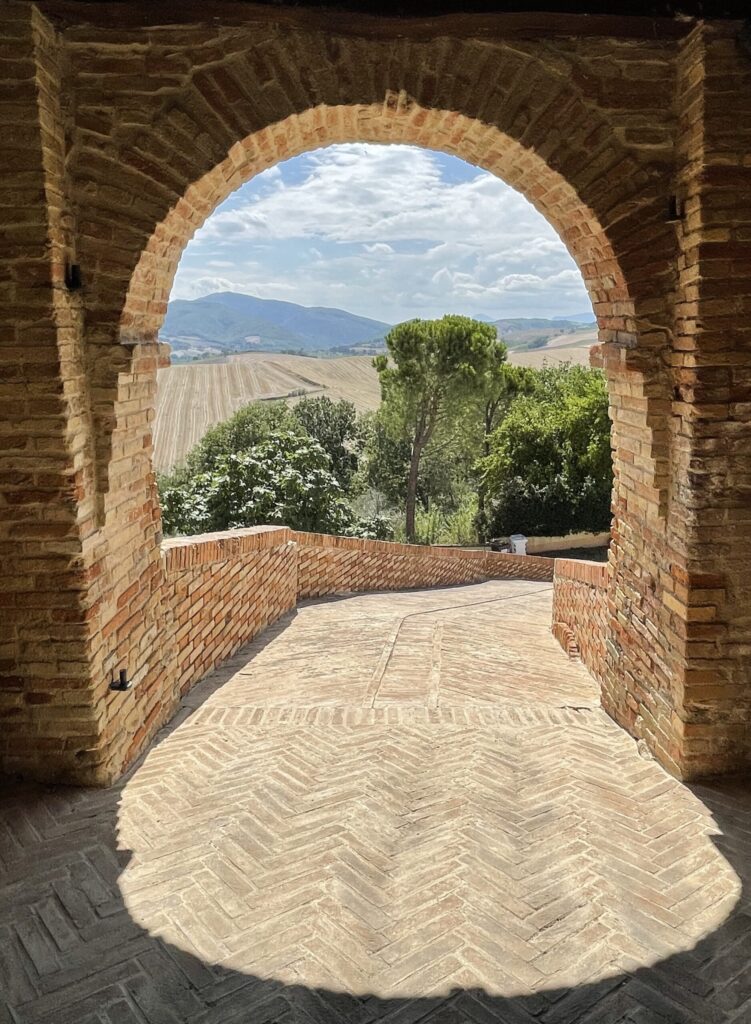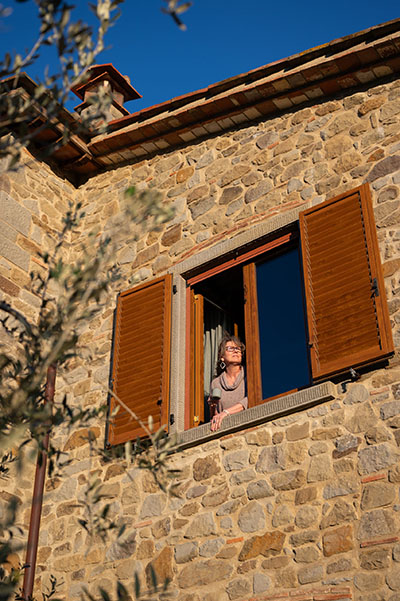When purchasing real estate in Italy, conducting due diligence on your future property is both a right and a responsibility. Some buyers, particularly those interested in older or more affordable properties, may choose to forgo this process to avoid delays. However, this is a grave mistake.
In Italy, the construction and modification of real property is highly regulated by law. Therefore, when transferring ownership, a buyer must ensure that all actions taken by previous owners complied with legal procedures and that the property layout matches the blueprints submitted to local authorities.
While many sellers do disclose defects in their properties, it is not uncommon for owners to be unaware of certain deficiencies. If any construction does not meet code or if the floor plan does not align with the official blueprints, the property will require remedial action. This process may involve significant time and expense, but it is essential.
The role of property due diligence is to detect any issue before committing to the purchase. That gives the buyer the ability to withdraw from the transaction if the seller does not intend to remedy the property’s deficiencies. If you discover any problems with your property after you have taken possession of it, it is extremely difficult to obtain a reimbursement from the previous owner.

Most of the official due diligence process can be handled by an experienced surveyor—a geometra, architect or engineer—who is familiar with the purchase process and up to speed with the latest building codes.
The surveyor will (i) inspect the property and (ii) visit various official repositories to verify the property’s legal history and official blueprints. The goal is to confirm the legal and urban conformity of the property, ensuring that the buyer acquires a “clean” asset free from future legal obligations.
Among the various documents and certifications that are produced and reviewed during the due diligence process, are the following:
- Atto di Provenienza: most recent deed providing evidence of title.
- Certificato di Stato Civile: legal status of the title holder.
- Visura Catastale: property use and tax classification.
- Visura Ipotecaria: records of structural history and title history of the property.
- Planimetria Catastale: conformity to public records in terms of size, use and structure.
- Conformità Urbanistica: zoning certificate.
- APE: certificate of energy performance and relative costs of heating/cooling.
- Regolamento Condominiale & Dichiarazione dell’Amministratore di Condominio: (in case of purchase of a condo) a copy of the condo association rules and a statement from the condo president that there are no standing delinquencies on the part of the seller and there are no legal issues with the condo unit being purchased.
- Certificato di Agibilità: Italian equivalent of the Certificate of Occupancy.








